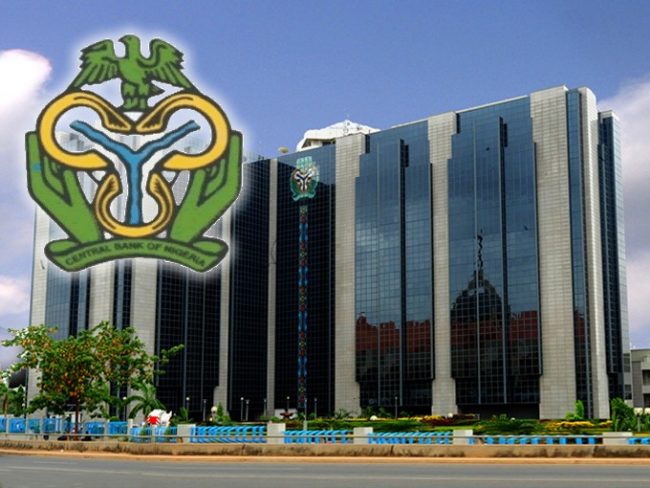The Central Bank of Nigeria (CBN), in its Money and Credit statistics, revealed that financial institutions significantly leveraged the private sector with credit facilities, such that their loans to companies hit N35.7 trillion within a year as of December 2021.
Credit to the private sector, which according to the data, stood at N30.6 trillion as of the first month of the year under review, ended up standing at N35.7 trillion as of the last month of the same year.
This indicates that the banking sector’s credit to the private sector increased by N5.1 trillion or 16.67%.
In 2019, the apex bank had mandated Deposit Money Banks (DMBs) to maintain a minimum of 60% Loan to Deposit Ratio (LDR), a financial instrument that assesses a bank’s liquidity by comparing its total loans to its total deposits for the same period.
The new policy measure was introduced to give the real sectors of the economy access to credit facilities.
Following a successful run of the policy, which saw the banking sector record the most credit growth of the real sector of the economy in almost five years, as it hit N17.1 trillion in the fourth quarter of the year, the CBN raised the LDR of banks to 65%.
Acknowledging the growth of the economy, Adenikinju Festus, a member of the Monetary Policy Committee (MPC) of the apex bank, highlighted the significant contributions of non-bank financial institutions (NBFI) to the country at large.
“The report on the Other Financial Institutions showed that they contributed significantly to aggregate consumer credit. Other Financial Institutions granted 22.39 million facilities to 9.23 million loan beneficiaries out of which 69.26 thousand were corporate consumers. Overall, OFIs contributed an additional N2.79tn or 10.62% to the banking sector credit in the past one year,” Festus said in his personal statement at an MPC meeting.












